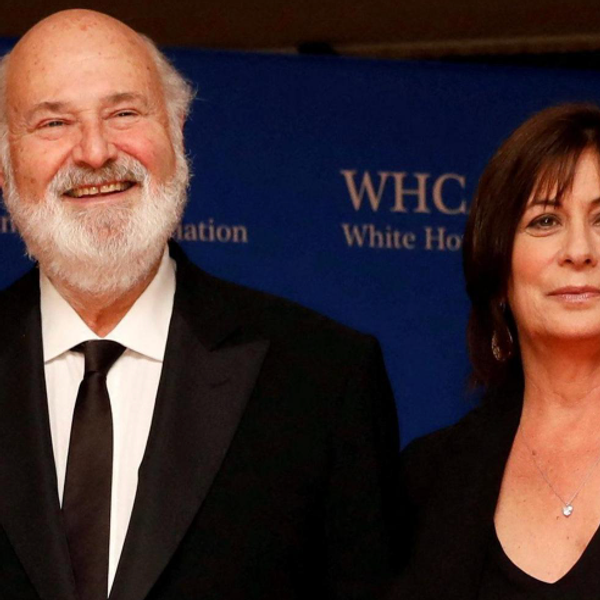
By Carol J. Williams, Los Angeles Times
The Syrian government has escalated its use of “barrel bombs” against densely populated neighborhoods near Aleppo in defiance of a U.N. Security Council resolution banning the indiscriminate and deadly explosives, Human Rights Watch reported Wednesday.
The report also appealed to Russia and China to cease blocking U.N. efforts to impose an arms embargo on the government of Syrian President Bashar Assad and to prohibit foreign servicing of the Damascus regime’s weaponry and warplanes.
In the five months since the Security Council ordered all parties in the 3-year-old Syrian civil war to stop using barrel bombs and other weapons designed to cause widespread human casualties, at least 650 new damage sites have been documented near embattled Aleppo that are consistent with barrel bomb explosions, the New York-based rights group reported.
That figure compares with 380 suspected barrel bomb blasts in the equivalent period before the February Security Council resolution, the report noted.
The Violations Documentation Center, an Aleppo-area rights group, reports that at least 1,655 civilians have been killed in aerial attacks on Syria’s largest city since the Feb. 22 resolution.
In London, the pro-rebel Syrian Observatory for Human Rights reported more than 2,300 deaths across Syria during the Muslim holy month of Ramadan that ended on Sunday. Many of the deaths were attributed to barrel bombs and other high-explosive aerial strikes.
“Month after month, the Security Council has sat idly by as the government defied its demands with new barrel bomb attacks on Syrian civilians,” said Sarah Leah Whitson, Human Rights Watch director for the Middle East and North Africa.
Barrel bombs are typically built from oil drums or water tanks that are filled with explosives and scrap metal and dropped from helicopters. Human Rights Watch documented the most serious attacks in opposition-held neighborhoods, directing suspicion on government forces, but also reported instances of the prohibited attacks by “non-state armed groups,” meaning Syrian rebels and foreign militants who have come to their aid in a fratricide that has killed more than 126,000 people by most estimates.
Whitson noted in the rights group report that barrel bombs and other high-explosive ordnance have killed many thousands more Syrians than have chemical weapons attacks. A U.S.-Russia agreement last year led to a program that has since removed and destroyed the government’s chemical weapons stockpiles and “radically diminished the risk to the civilian population from that threat,” Whitson said.
Russia and China, which are among the five permanent Security Council members who can veto action, have consistently opposed measures of censure against Assad’s government, in part due to concerns that such a precedent could subject their own human rights abuses to international reprimand.
Appealing for similar joint efforts to rid Syria of the barrel bomb hazards, Whitson asked: “What will it take to get Russia and China to allow the Security Council to enforce its own words, and take real steps to address these unlawful attacks?”
AFP Photo/Karam al-Masri
Interested in world news? Sign up for our daily email newsletter!








